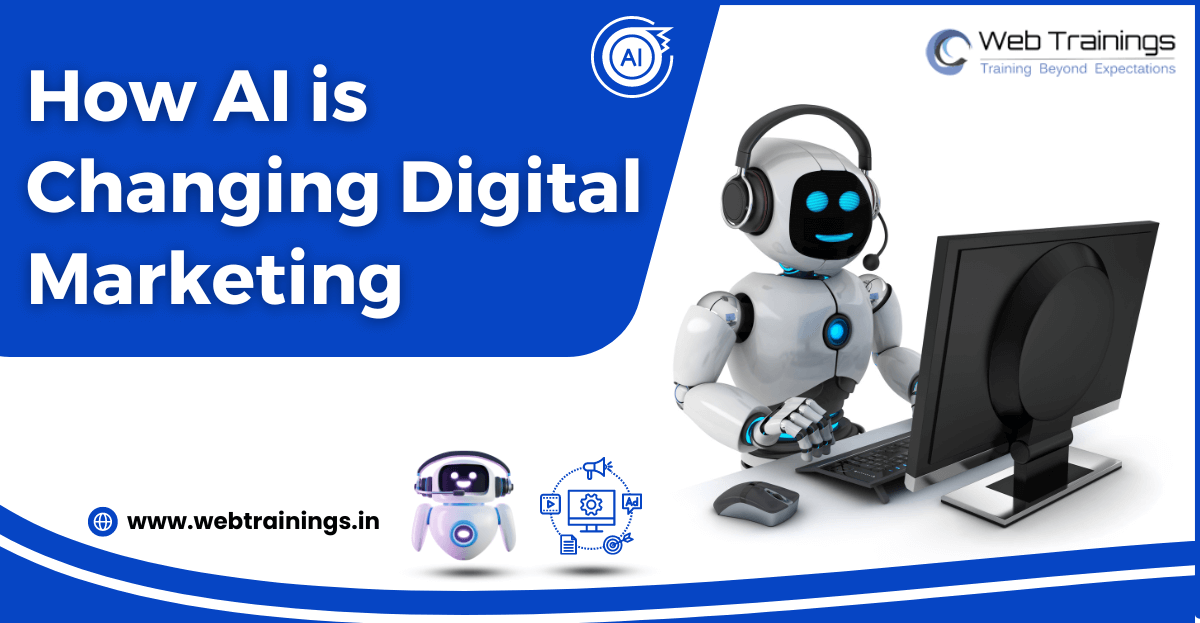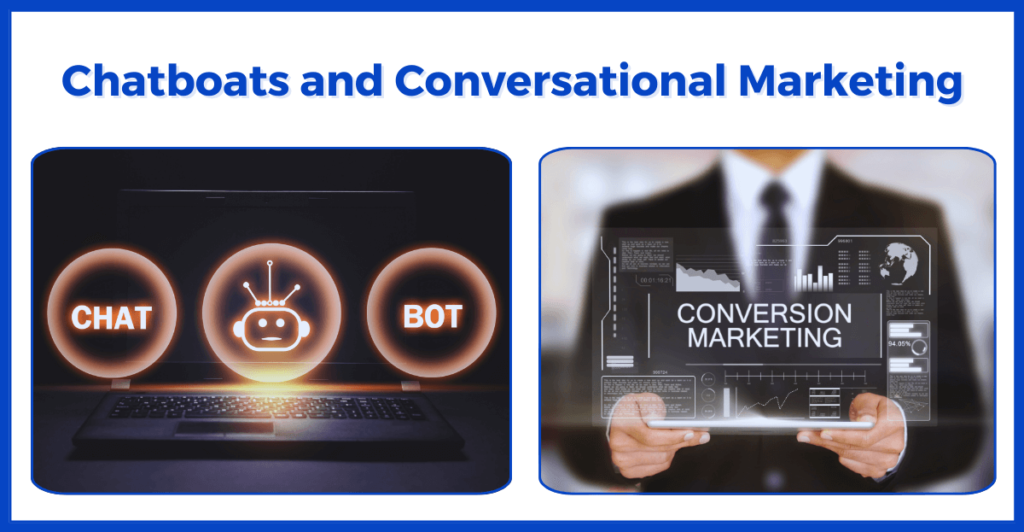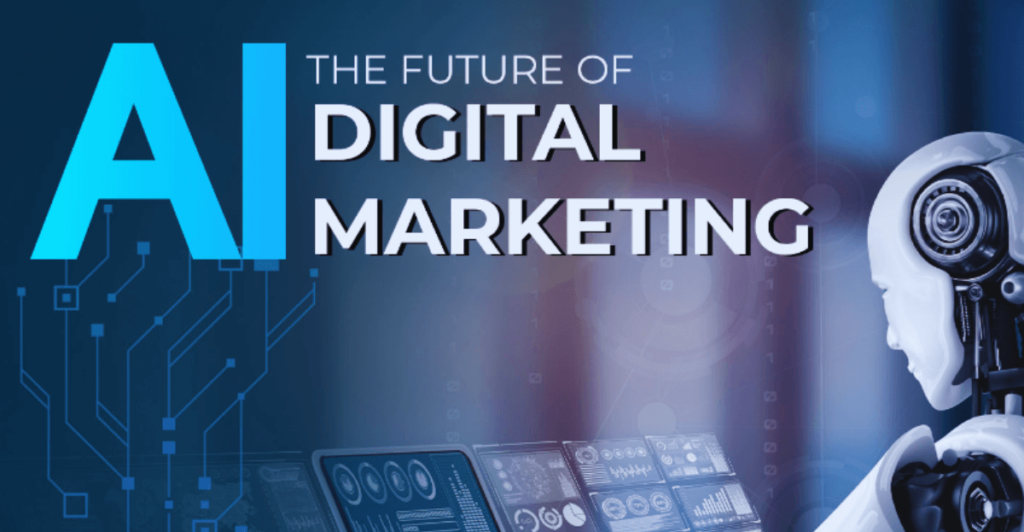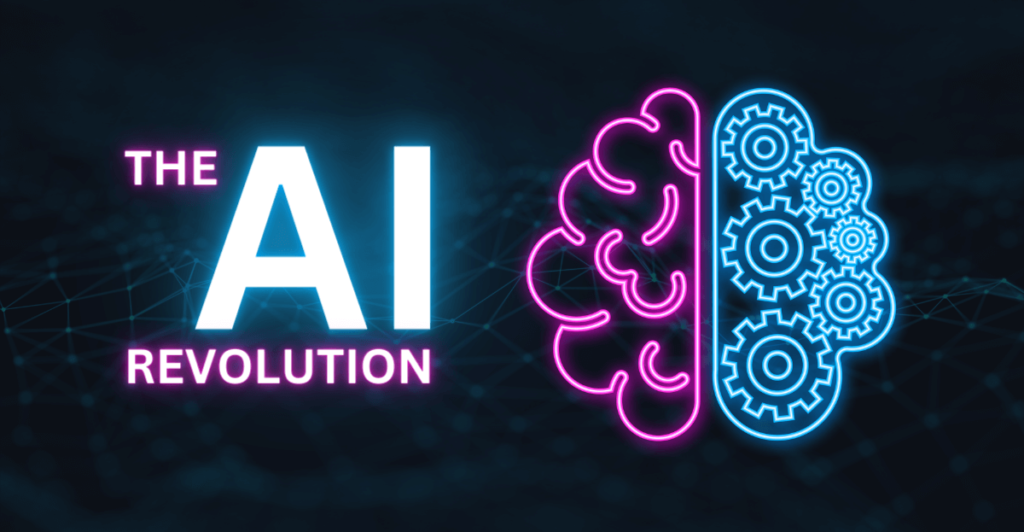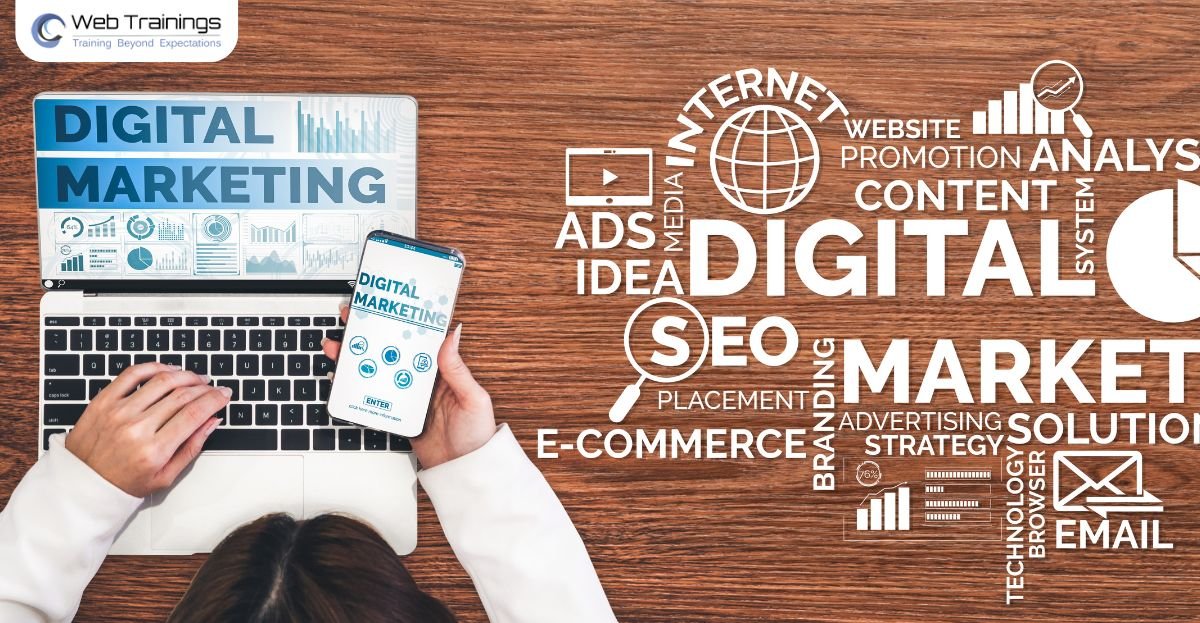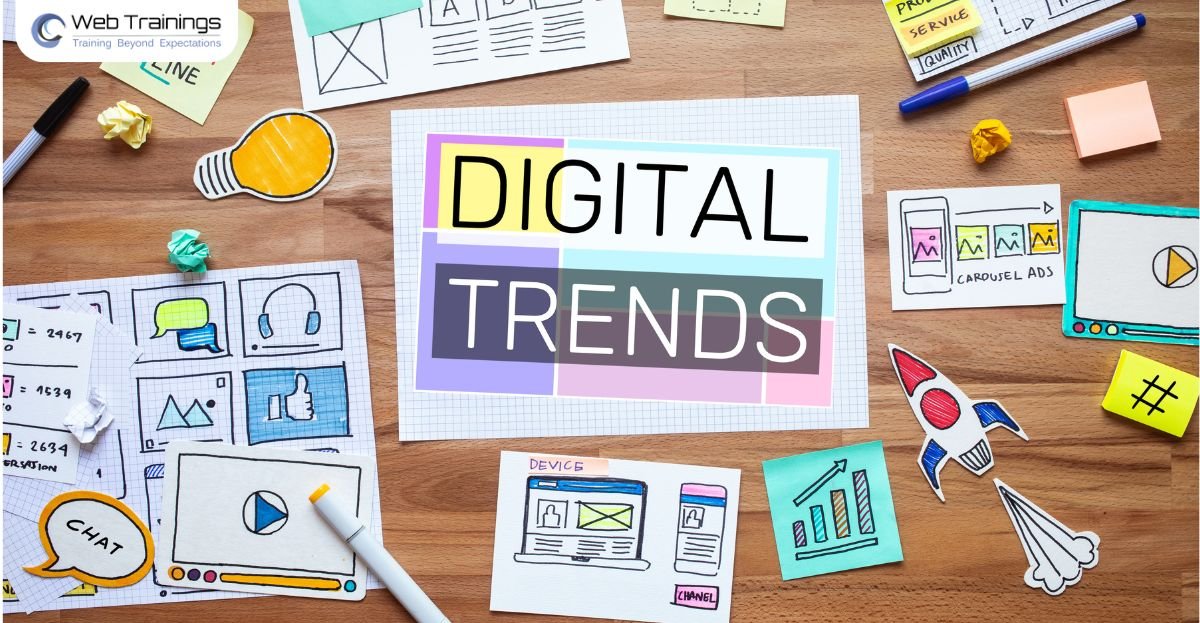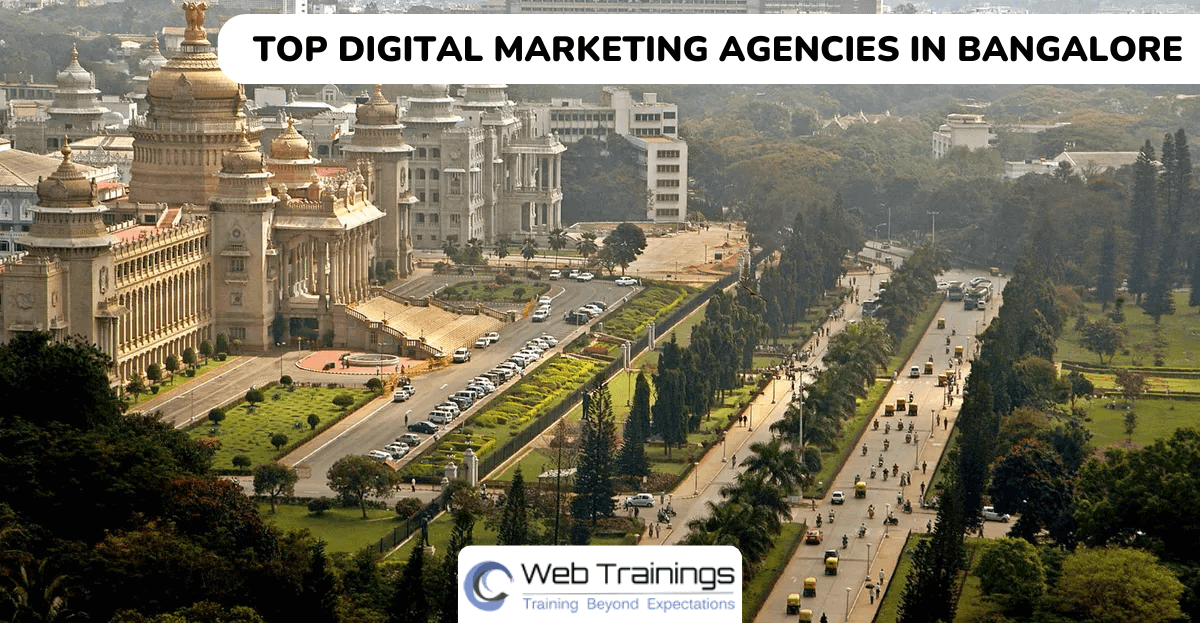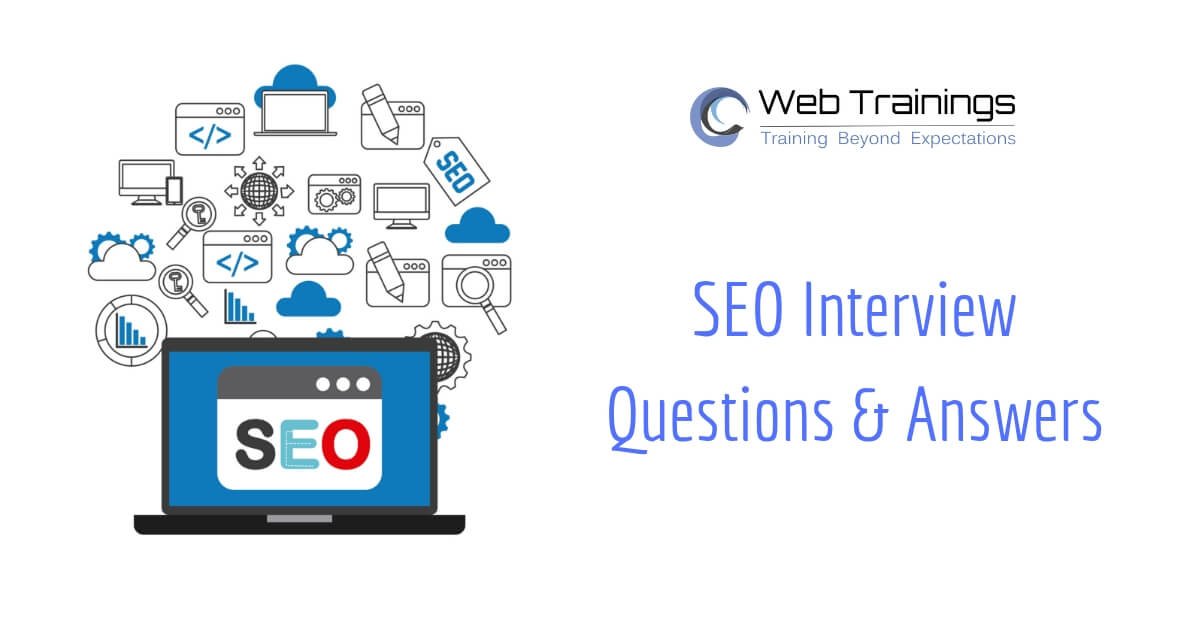The Rise of AI in Digital Marketing
AI has become an extremely useful tool that allows marketers to provide better customer experiences, make their marketing campaigns more effective, and generate much higher growth. This overview explains how AI is reshaping the future of digital marketing, leading to marketing that is more personalized and tailored to each individual, more efficient in reaching the right audiences, and driven by detailed data insights about consumer behaviour and preferences.
AI enables marketers to analyze vast amounts of data from multiple sources to gain deeper insights into customer needs, interests, and purchasing patterns. This data-driven approach empowers companies to create highly targeted and relevant marketing messages, products, and offers tailored specifically to different customer segments and even individual consumers. By leveraging AI algorithms and machine learning models, marketers can predict customer behaviour, identify new opportunities, and optimize their strategies for maximum impact and return on investment.
Understanding AI-Powered Digital Marketing
Predictive Analytics
AI-powered predictive analytics enables marketers to forecast consumer behaviour, anticipate customer needs, and make data-driven decisions. By analyzing past user interactions and purchase patterns, AI algorithms can help identify potential trends and target the right audience with personalized content and offers.
Personalization
AI-driven personalization allows companies to tailor their marketing efforts to individual customers. From customized product recommendations to dynamic content optimization, AI helps businesses deliver a more relevant and engaging experience, leading to increased customer satisfaction and loyalty.
Automation
AI automation streamlines various digital marketing tasks, such as content creation, ad targeting, and campaign optimization. By automating repetitive and time-consuming processes, AI empowers marketers to focus on more strategic initiatives, ultimately improving campaign efficiency and ROI.
Personalized Customer Experiences with AI
Dynamic Content Optimization
AI-powered content optimization dynamically adjusts the content, images, and messaging presented to each user based on their individual preferences, browsing behaviour, and stage in the customer journey. This personalized approach leads to higher engagement, conversion rates, and customer loyalty.
Predictive Product Recommendations
AI algorithms can analyze a user’s browsing history, purchase patterns, and other data points to make accurate product recommendations. These personalized suggestions not only improve the user experience but also increase the likelihood of cross-selling and upselling, driving revenue growth.
Intelligent Growth
AI-driven customer growth enables marketers to group users into highly targeted, hyper-personalized segments based on a variety of factors, such as demographics, behaviours, and preferences. Marketing efforts can be delivered that are more impactful and relevant because of this very small targeting.
Predictive Analytics and Targeted Advertising
Data Collection
As we live more of our lives online and use smart devices, companies are collecting vast amounts of data about our browsing activities, locations, and personal information. There are growing concerns that if this data gets into the wrong hands through hacking or misuse, it could lead to identity theft, financial fraud, and invasion of our privacy. Governments are making rules about data protection to ensure companies safeguard people’s personal information. At the same time, consumers are becoming more careful about the data they share online. Companies will need robust data security measures and clear policies on how they use people’s data in order to maintain consumer trust as our world becomes increasingly driven by digital data.
Targeted Advertising
Companies can use advanced data analysis to show ads to particular groups of people most likely to be interested in their products. Artificial intelligence (AI)-powered ad platforms carefully control where ads get displayed, precisely who sees them, and what the ad content looks like. By studying large amounts of data on people’s online behaviours and interests, AI systems predict the ideal audiences to target with particular ad campaigns.
Digital marketing services enable precise audience targeting, allowing companies to get much higher returns on their digital advertising investments. Their hyper-personalized and accurately targeted ads reach the right people at the correct times through effective digital marketing service execution, leading to more sales, sign-ups, or other desired outcomes.
Predictive Modeling
AI algorithms can then use this data to build predictive models that forecast customer behavior, identify patterns, and uncover insights. These models help marketers anticipate customer needs and make informed decisions about targeting and messaging.
Automated Content Creation and Optimization
Content Generation
Artificial intelligence can also help create different types of content automatically, like blog articles, social media posts, and product descriptions. These AI-generated content pieces are specially designed to appeal to certain groups of people. The AI tools analyze data to determine the best ways to write the content so it shows up higher in online search results and gets more people interested in and engaged with it. The AI customizes the tone, style, and messaging to fit the intended audience perfectly.
Copywriting Assistance
AI-powered copywriting tools assist marketers in creating more impactful messaging. They provide suggestions for improving text and analyze tone and emotional resonance. The tools then refine language to better connect with and compel specific target audiences.
Content Optimization
Artificial intelligence can also help improve content that already exists by automatically analyzing how users interact with it, how search engines rank it, and data on its performance. The AI looks at metrics like how many people view the content, how long they spend on it, what they click on, and more. It then suggests ways to update the content to make it more relevant and visible to the intended audience. This allows marketers to keep making their existing content better over time, so more people engage with it, and it provides a higher return on their content marketing investments.
Multiple Languages Content
AI-powered translation and localization tools enable marketers to efficiently create and optimize content in multiple languages, expanding their reach and more effectively catering to diverse global audiences across different cultures and regions. These tools ensure that messaging resonates with local nuances and preferences.
AI-Driven Chatbots and Conversational Marketing
Conversational Engagement
Chatbots and virtual assistants are like helpful digital friends for marketers. They allow businesses to have real-time conversations with customers, making interactions feel more like chatting with a person than a machine. This personal touch boosts how customers think about their experience while also giving marketers important information they can use to make their marketing efforts even better.
Automated Assistance
Automated assistance, such as chatbots, efficiently handles a variety of customer inquiries in real time. By providing immediate responses and seamless support, these digital helpers enable human agents to concentrate on tackling more complex tasks and devising strategic initiatives for the business.
Data-Driven Insights
The interactions and conversations facilitated by AI chatbots generate valuable customer data that marketers can analyze to better understand their audience, identify pain points, and optimize their overall marketing strategy.
Lead Generation
Chatbots can be practical tools for generating new potential customer leads. Through interactive conversations, chatbots can guide users through experiences like product demos or informational flows. Along the way, the chatbots collect valuable data about the user’s needs and interests. Companies then use this lead data to nurture prospects with personalized follow-up messages and offers, aiming to convert them into paying customers over time. By first engaging prospects through friendly chatbot interactions, companies can more effectively warm up and qualify sales leads.
Improving Campaign Efficiency with AI
Campaign Planning
AI tools study past data to identify ideal audience segments. Using predictive analytics, they recommend optimal marketing channels and tactics. This AI-driven planning helps marketers execute more targeted, effective ad campaigns tailored for maximum impact.
Real-Time Optimization
While ad campaigns run, AI algorithms closely track key metrics. Based on real-time performance data analysis, AI optimizes ad placements, messaging, and audience targeting automatically. This continuous AI-driven optimization maximizes the overall effectiveness and impact of marketing campaigns.
Predictive Modeling
AI enables predictive modelling of potential outcomes for different marketing campaign approaches. These data-driven forecasts allow marketers to analyze scenarios, make more informed decisions upfront, and allocate resources in the most efficient ways for optimal campaign performance.
The Future of AI in Digital Marketing
AI will transform digital marketing by providing deep customer insights and enabling hyper-personalized campaigns. By analyzing vast amounts of data, AI understands individual customer behaviours, interests, and preferences. This allows for accurately tailoring marketing messages, content, and offers. AI also automates tasks like content creation and ad optimization. As AI integration grows, marketers can leverage its predictive intelligence and automation for more innovative, effective, and personalized digital marketing across channels. Embracing AI is critical for driving performance and ROI through impactful, customer-centric marketing strategies.
Hyper-Personalization
As AI continues to evolve, marketers will be able to create even more personalized experiences, leveraging advanced machine learning algorithms to accurately predict customer preferences, behaviours, and purchase patterns at an individual level.
Autonomous Decision-Making
AI-powered systems will increasingly take on more decision-making responsibilities, autonomously adjusting marketing strategies, optimizing campaigns, and even creating and distributing content without the need for direct human intervention.
Ethical AI Practices
As the use of AI in digital marketing becomes more widespread, there will be a growing emphasis on developing and implementing ethical AI practices. This will ensure that the use of AI technology adheres to principles of transparency, fairness, and privacy, safeguarding the interests of both businesses and consumers.
Will AI Replace Digital Marketers?
While AI can significantly assist digital marketers, it has yet to replace human marketers entirely. AI excels at tasks like data analysis, ad targeting, and efficient content creation. However, marketers possess unique strengths that AI currently lacks, such as creativity, strategic thinking, and emotional intelligence. As AI advances, marketers who harness AI tools will become increasingly valuable.
AI provides valuable insights and streamlines processes, but it cannot fully grasp consumer behaviour, build genuine relationships, or make nuanced decisions on its own. The most successful digital marketers will blend human expertise with AI capabilities. They’ll utilize AI as a powerful aid while applying human skills that technology cannot replicate. Rather than being replaced, digital marketers leveraging AI will be empowered to achieve even greater heights through this powerful combination of human and artificial intelligence.
Understanding the AI Revolution in Digital Marketing
The rise of AI in digital marketing has fundamentally transformed the way businesses reach, engage, and convert customers. By leveraging the power of predictive analytics, personalization, and automation, marketers can now deliver more relevant, efficient, and impactful campaigns, driving growth and fostering lasting customer relationships. AI helps marketers better understand and target the right audiences with personalized content and offers. It also automates many time-consuming tasks, allowing marketers to focus on strategy and creativity.
As the AI revolution continues to unfold, the future of digital marketing lies in embracing these transformative technologies, staying ahead of the curve, and delivering exceptional experiences that meet the changing needs and expectations of today’s customers. Companies that effectively combine AI with human expertise will gain a significant competitive advantage.
Conclusion
Digital marketing is being transformed by artificial intelligence. AI can now create content, study data, and work more intelligently than humans alone. However, humans are still best at creative thinking and strategic planning. Web Trainings Academy teaches the powerful combination of AI capabilities and human marketing genius. Our complete digital marketing course covers modern skills like using AI tools, analyzing data insights, and creating digital content and campaigns. You’ll master AI while also developing creativity and strategy. Enroll today to get this essential knowledge. Be an AI-skilled marketer who blends technology with a human mindset. Gain an edge over competitors by taking our comprehensive AI and digital marketing training at Web Trainings Academy.
